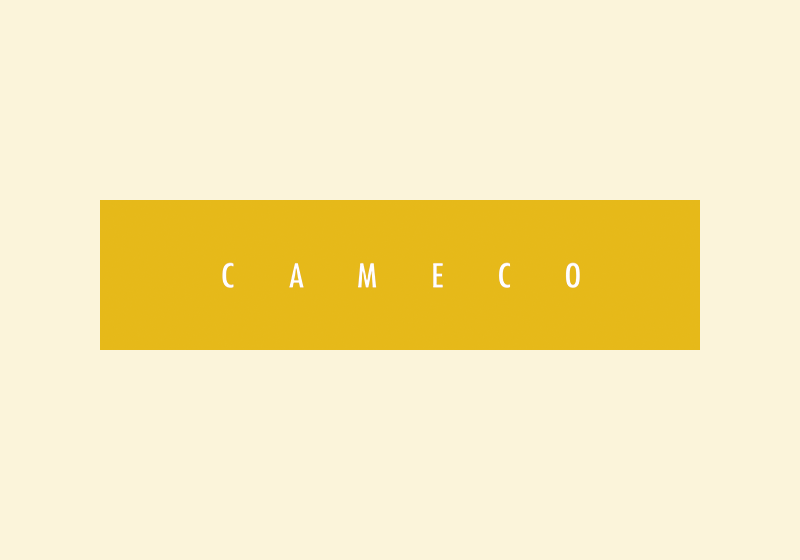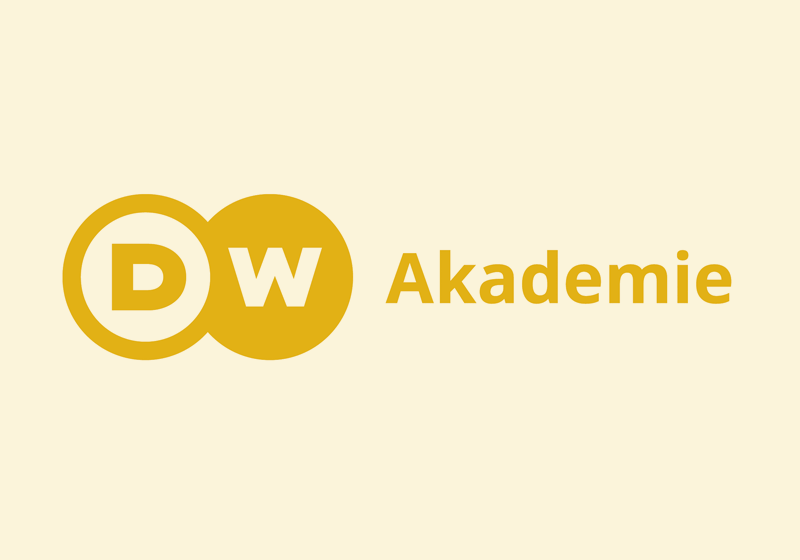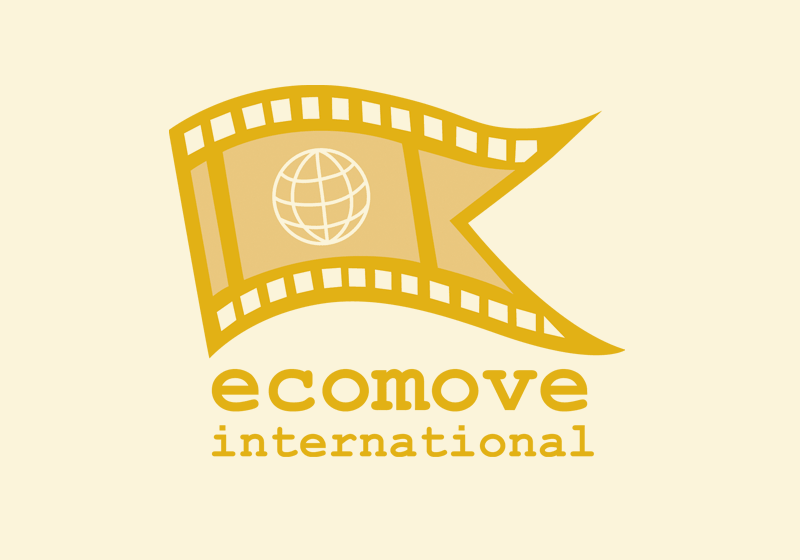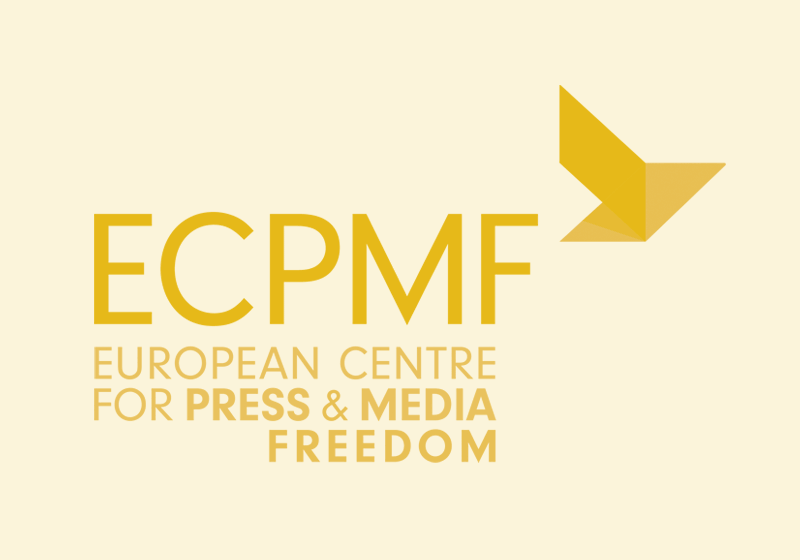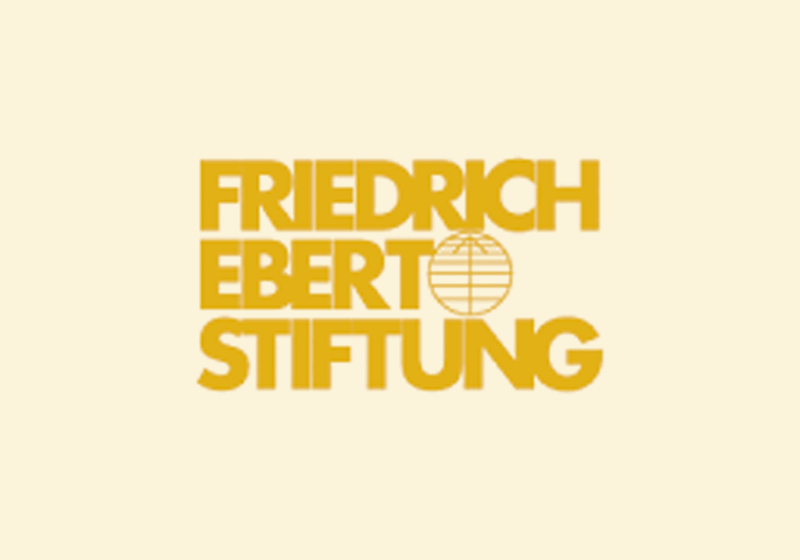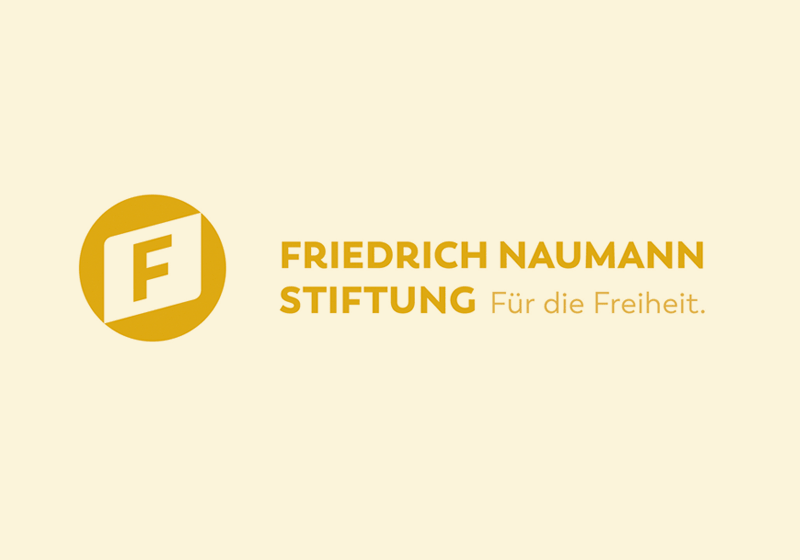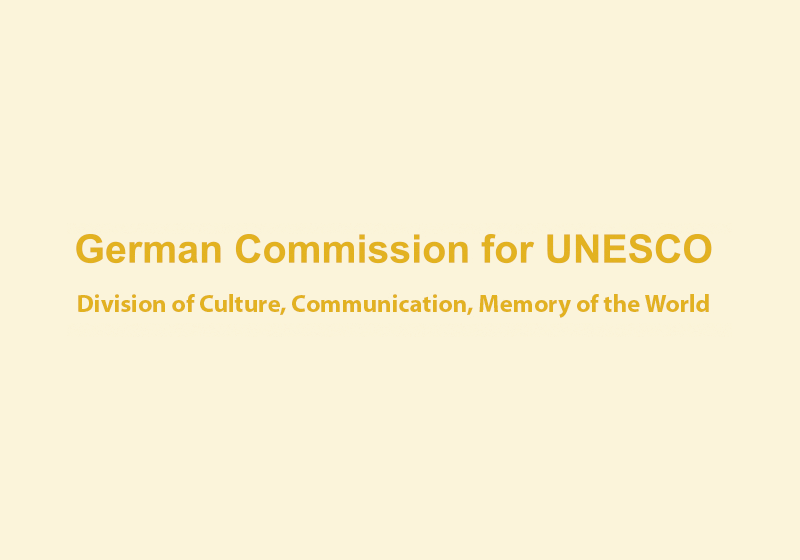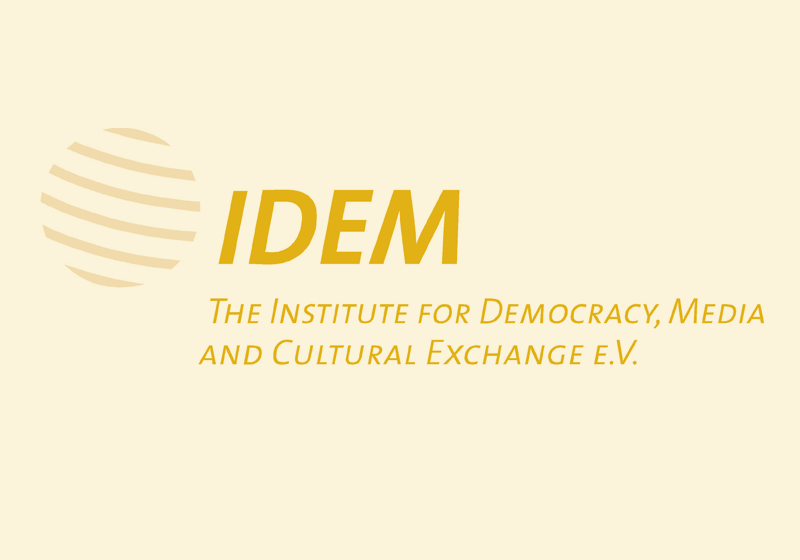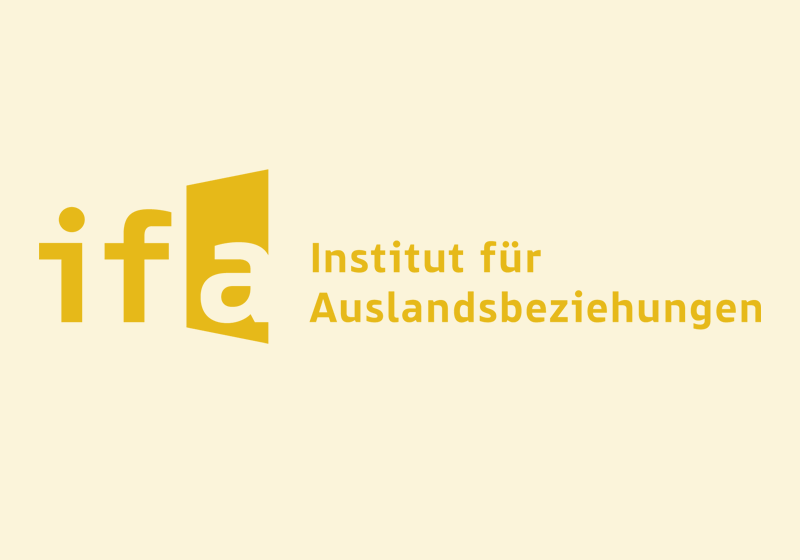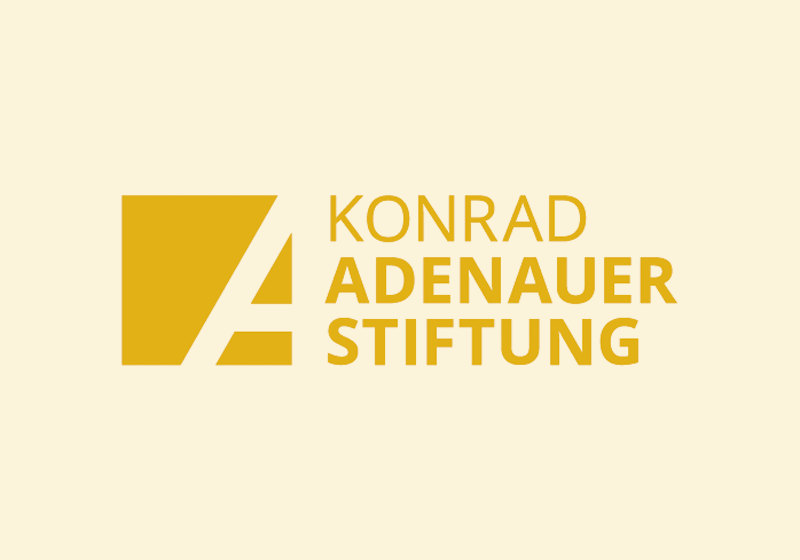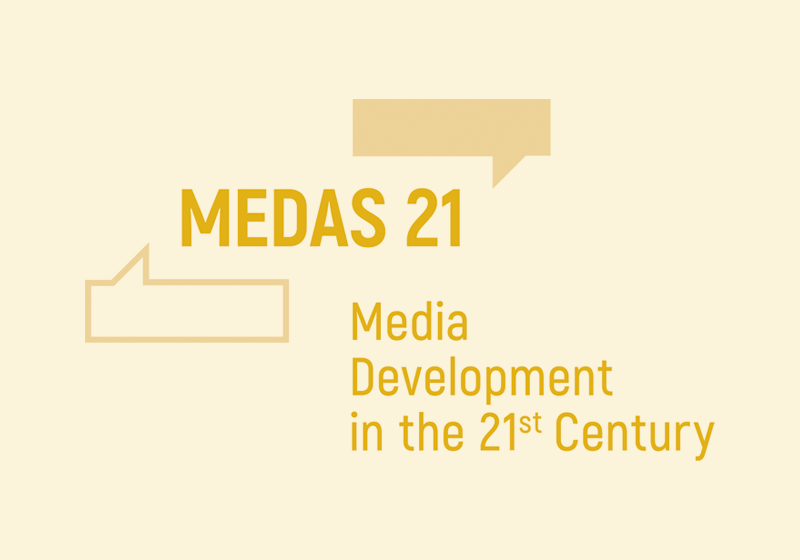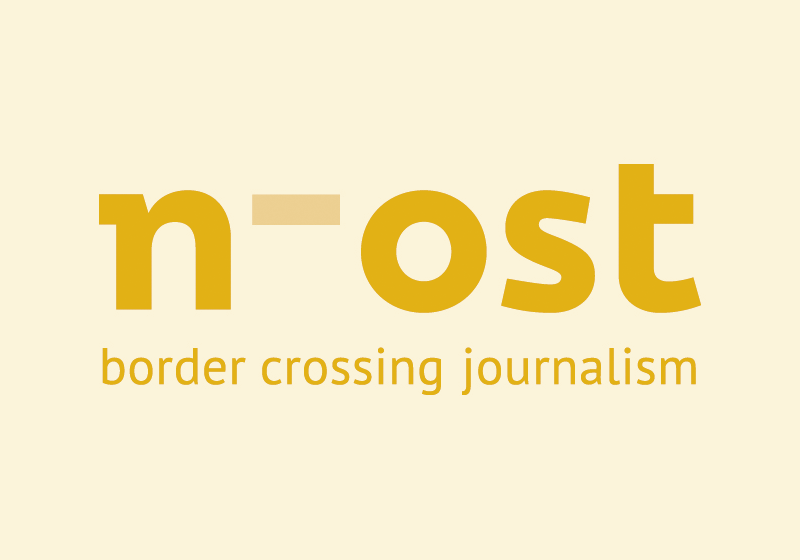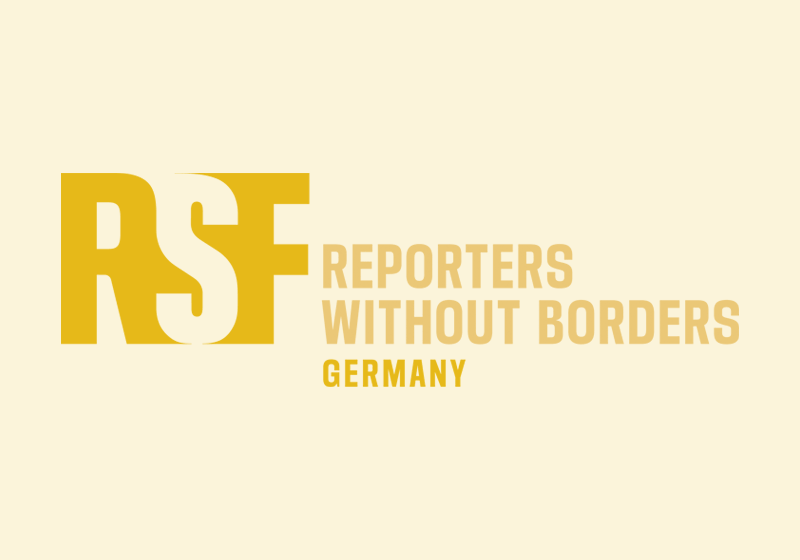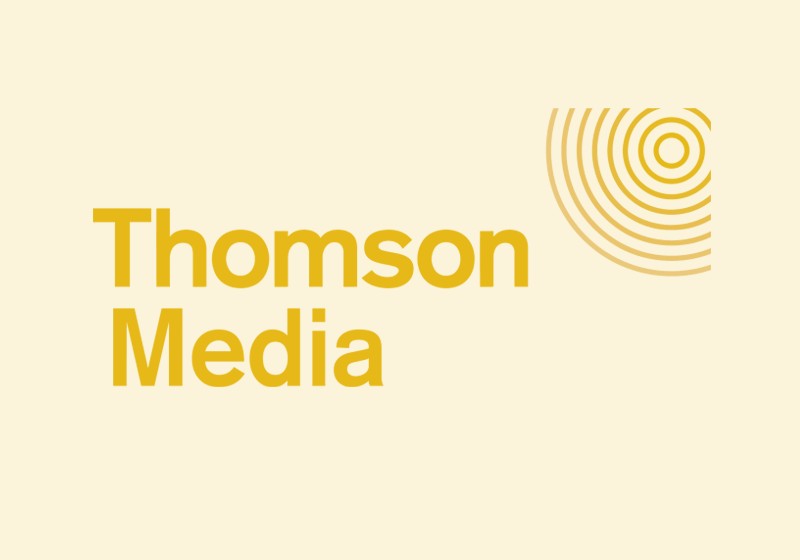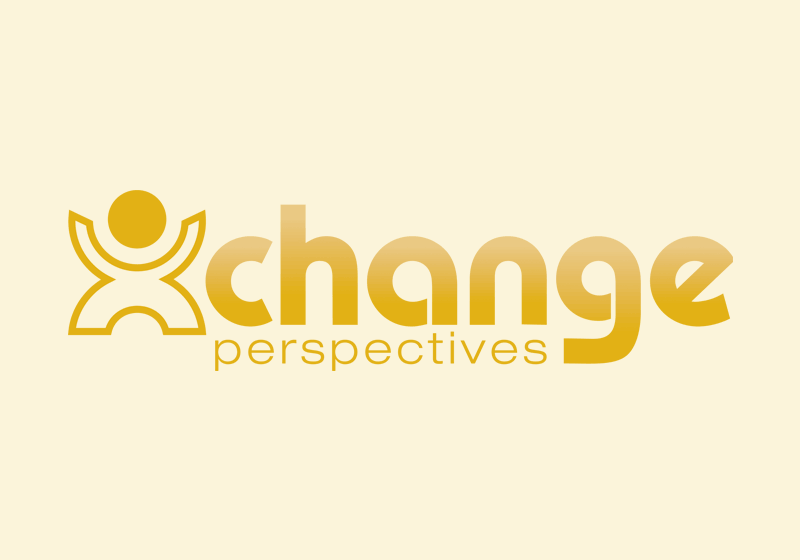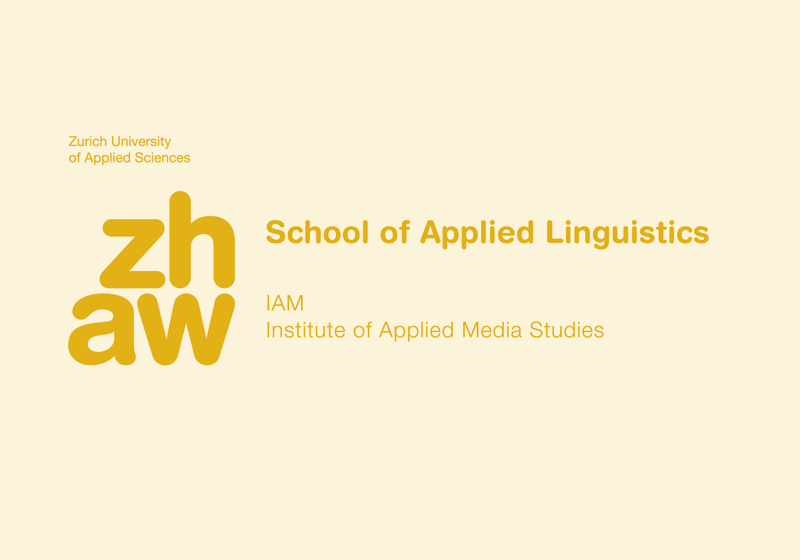Speakers
Adnan Aamir  is a journalist, researcher, and analyst based in Quetta, Pakistan. He has written for Financial Times, South China Morning Post, Asia Times, China-US Focus, Business Standard, among others. Aamir is also the founder and Editor of Balochistan Voices, a community-based online newspaper. He has won four national-level journalism awards. Aamir was a Chevening South Asian Journalism Fellow 2018 at the University of Westminster, London. Aamir also trains journalists on Data Journalism and Digital Security.
is a journalist, researcher, and analyst based in Quetta, Pakistan. He has written for Financial Times, South China Morning Post, Asia Times, China-US Focus, Business Standard, among others. Aamir is also the founder and Editor of Balochistan Voices, a community-based online newspaper. He has won four national-level journalism awards. Aamir was a Chevening South Asian Journalism Fellow 2018 at the University of Westminster, London. Aamir also trains journalists on Data Journalism and Digital Security.
 Altynai Mambetova is a data journalist, trainer, and author of courses on data journalism and gender data communication. She promotes data-driven initiatives in the region of Central Asia. Altynai is also a co-founder of the School of Data Kyrgyzstan, a public foundation which aims to develop and advance data literacy through educational projects and initiatives.
Altynai Mambetova is a data journalist, trainer, and author of courses on data journalism and gender data communication. She promotes data-driven initiatives in the region of Central Asia. Altynai is also a co-founder of the School of Data Kyrgyzstan, a public foundation which aims to develop and advance data literacy through educational projects and initiatives.
 Anastasia Valeeva is a data journalism trainer, mentor and editor. She has taught data journalism in Europe, Balkans, Central Asia and Russia and led data journalism courses at the American University of Central Asia, Kyrgyzstan. She is also a co-founder of School of Data Kyrgyzstan. She has researched the use of open data in investigative journalism as part of her fellowship at the Reuters Institute for the Study of Journalism, Oxford.
Anastasia Valeeva is a data journalism trainer, mentor and editor. She has taught data journalism in Europe, Balkans, Central Asia and Russia and led data journalism courses at the American University of Central Asia, Kyrgyzstan. She is also a co-founder of School of Data Kyrgyzstan. She has researched the use of open data in investigative journalism as part of her fellowship at the Reuters Institute for the Study of Journalism, Oxford.
 Anja Wollenberg is head of research at MiCT, a Berlin based media assistance organisation with activities mostly in Middle East and North Africa. Her research interest is focused on media pluralism, media structures and the role of media in conflict and conflict prevention. Her PhD research was dedicated to the role of media in the democratic transition of Iraq amidst violent conflict. She has published numerous studies on media development in Iraq and in Libya pertaining to conflict issues such as polarization, hate speech and media partisanship in these countries. Anja Wollenberg is co-founder and shareholder of MiCT. She is also teaching in the faculty of media studies at the University of Erfurt.
Anja Wollenberg is head of research at MiCT, a Berlin based media assistance organisation with activities mostly in Middle East and North Africa. Her research interest is focused on media pluralism, media structures and the role of media in conflict and conflict prevention. Her PhD research was dedicated to the role of media in the democratic transition of Iraq amidst violent conflict. She has published numerous studies on media development in Iraq and in Libya pertaining to conflict issues such as polarization, hate speech and media partisanship in these countries. Anja Wollenberg is co-founder and shareholder of MiCT. She is also teaching in the faculty of media studies at the University of Erfurt.
 Anke Fiedler has been a freelance consultant with MiCT since 2009 and her main tasks revolve around the research, design, monitoring and evaluation of MiCT projects. Fiedler studied communication, sociology and psychology at the Universities of Munich and Paris and in 2012, she completed her doctorate. Fiedler worked on projects at UNESCO in Amman and in Paris. She is also a researcher and lecturer at the University of Munich and was a visiting professor at Freie Universität Berlin.
Anke Fiedler has been a freelance consultant with MiCT since 2009 and her main tasks revolve around the research, design, monitoring and evaluation of MiCT projects. Fiedler studied communication, sociology and psychology at the Universities of Munich and Paris and in 2012, she completed her doctorate. Fiedler worked on projects at UNESCO in Amman and in Paris. She is also a researcher and lecturer at the University of Munich and was a visiting professor at Freie Universität Berlin.
 Aseye Tamakloe is a filmmaker, a lecturer at the National Film and Television Institute, Accra, a film festival director, programmer and curator. She has been a visiting lecturer to RITCS in Belgium, the University of Arcada Helsinki, Finland and New York University, Accra and was invited as a speaker to the Film Schools Network at Film University Babelsberg Konrad Wolf, Germany and Docubox in Nairobi-Kenya. Aseye Tamakloe has worked as an editor, director and producer on a number of local and international productions which include, award winning films like, “Perfect Picture” , “The Headmaster” and “Who is Afraid of Ngugi”. She is the festival director of the European Film Festival Ghana, 2021 and also a co-programmer for the Film Africa Film Festival. She is a PhD candidate at the Institute of African Studies, University of Ghana, Legon and is also the founder of NDIVA WOMEN’S FILM FESTIVAL, a festival that aims to create artistic platforms for the presentation and preservation of work by, for and about women.
Aseye Tamakloe is a filmmaker, a lecturer at the National Film and Television Institute, Accra, a film festival director, programmer and curator. She has been a visiting lecturer to RITCS in Belgium, the University of Arcada Helsinki, Finland and New York University, Accra and was invited as a speaker to the Film Schools Network at Film University Babelsberg Konrad Wolf, Germany and Docubox in Nairobi-Kenya. Aseye Tamakloe has worked as an editor, director and producer on a number of local and international productions which include, award winning films like, “Perfect Picture” , “The Headmaster” and “Who is Afraid of Ngugi”. She is the festival director of the European Film Festival Ghana, 2021 and also a co-programmer for the Film Africa Film Festival. She is a PhD candidate at the Institute of African Studies, University of Ghana, Legon and is also the founder of NDIVA WOMEN’S FILM FESTIVAL, a festival that aims to create artistic platforms for the presentation and preservation of work by, for and about women.
 Benjamin Toff is a Senior Research Fellow at the Reuters Institute for the Study of Journalism at the University of Oxford as well as an Assistant Professor at the Hubbard School of Journalism & Mass Communication at the University of Minnesota. He studies public opinion, political communication, digital media, and changing journalistic practices. At the Reuters Institute, he leads the Trust in News Project, a 3-year study of the factors driving trust and distrust toward news media in Brazil, India, the UK, and the US. His research has been published or is forthcoming in the Journal of Communication, Public Opinion Quarterly, Journalism, Journalism Studies, and Digital Journalism. He is also working on two book manuscripts, one focused on “news avoidance” among audiences in the UK, Spain, and the US, and the other focused on the role played by public opinion surveys in news coverage of American politics. Dr Toff received his doctorate in Political Science from the University of Wisconsin-Madison and a bachelor’s degree in Social Studies from Harvard University. He was a postdoctoral Research Fellow at the Reuters Institute from 2016-2017. Prior to his academic career, Dr Toff worked as a professional journalist, mostly as a researcher at the New York Times.
Benjamin Toff is a Senior Research Fellow at the Reuters Institute for the Study of Journalism at the University of Oxford as well as an Assistant Professor at the Hubbard School of Journalism & Mass Communication at the University of Minnesota. He studies public opinion, political communication, digital media, and changing journalistic practices. At the Reuters Institute, he leads the Trust in News Project, a 3-year study of the factors driving trust and distrust toward news media in Brazil, India, the UK, and the US. His research has been published or is forthcoming in the Journal of Communication, Public Opinion Quarterly, Journalism, Journalism Studies, and Digital Journalism. He is also working on two book manuscripts, one focused on “news avoidance” among audiences in the UK, Spain, and the US, and the other focused on the role played by public opinion surveys in news coverage of American politics. Dr Toff received his doctorate in Political Science from the University of Wisconsin-Madison and a bachelor’s degree in Social Studies from Harvard University. He was a postdoctoral Research Fellow at the Reuters Institute from 2016-2017. Prior to his academic career, Dr Toff worked as a professional journalist, mostly as a researcher at the New York Times.
 Birgitte Jallov is the Director of EMPOWERHOUSE (www.empowerhouse.dk), an initiative from where Birgitte among others supports civil society organisations and community media through on site and online capacity building. Birgitte has for the past 30 years carried out this work in more than 70 countries and she has been the lead on 30 – often complex – evaluations and reviews. An advocate, trainer, midwife and believer in the power of building sustainable ‘people’s organisations and communication channels’; in women’s important role in and around media – and in people speaking for themselves, Birgitte is the President of the board of CMFE (www.cmfe.eu); was an active board member of the International Association of ‘women in Radio and TV (IAWRT) until last year, and of Panos London; part of the first steering committee and board of AMARC; a part of AMARC’s Women’s International Network (WIN); and a co-founder of Denmark’s first Women’s Community Radio Station. Birgitte is author of the book: ‘EMPOWERMENT RADIO – Voices building a community’.
Birgitte Jallov is the Director of EMPOWERHOUSE (www.empowerhouse.dk), an initiative from where Birgitte among others supports civil society organisations and community media through on site and online capacity building. Birgitte has for the past 30 years carried out this work in more than 70 countries and she has been the lead on 30 – often complex – evaluations and reviews. An advocate, trainer, midwife and believer in the power of building sustainable ‘people’s organisations and communication channels’; in women’s important role in and around media – and in people speaking for themselves, Birgitte is the President of the board of CMFE (www.cmfe.eu); was an active board member of the International Association of ‘women in Radio and TV (IAWRT) until last year, and of Panos London; part of the first steering committee and board of AMARC; a part of AMARC’s Women’s International Network (WIN); and a co-founder of Denmark’s first Women’s Community Radio Station. Birgitte is author of the book: ‘EMPOWERMENT RADIO – Voices building a community’.
 Christoph Spurk is a lecturer and media researcher at the Institute of Applied Media Studies at Zurich University of Applied Sciences. He mainly conducts research on quality of journalism and communication in Africa and on the influence of mass media on the democratisation process. He is working in advancing the methods of evaluation in media support, measuring results in communication efforts and mass media programmes, and supporting media development organisations in monitoring and evaluation.
Christoph Spurk is a lecturer and media researcher at the Institute of Applied Media Studies at Zurich University of Applied Sciences. He mainly conducts research on quality of journalism and communication in Africa and on the influence of mass media on the democratisation process. He is working in advancing the methods of evaluation in media support, measuring results in communication efforts and mass media programmes, and supporting media development organisations in monitoring and evaluation.
Davor Marko  is Thomson’s Balkans programme manager. He is the project coordinator of Thomson’s component of the FCO backed Supporting Greater Media Independence programme in the Western Balkans. He has extensive experience in media development. His focus is on business support, innovation and audience measurement and engagement. He is a non-resident research fellow with expertise in public media, social media, and media trends in new media landscapes at the Center for Media, Data and Society in Budapest.
is Thomson’s Balkans programme manager. He is the project coordinator of Thomson’s component of the FCO backed Supporting Greater Media Independence programme in the Western Balkans. He has extensive experience in media development. His focus is on business support, innovation and audience measurement and engagement. He is a non-resident research fellow with expertise in public media, social media, and media trends in new media landscapes at the Center for Media, Data and Society in Budapest.
Ferhat Boratav  is a TV journalist and communications expert. He studied history at the Boğaziçi University. He worked in various media organisations. He joined CNN TÜRK as the editor-in-chief, shortly before its launch in 1999 where he remained until 2018. In 2012, he took a leadership role in developing the editorial guidelines of the Dogan Media, and wrote the guidebook of the Dogan TV group. Since 1997, Boratav has also been teaching university courses on broadcast news, global journalism and news writing. He served as a Board member and a trustee of the Open Society Foundation Turkey, for more than a decade until its closure in 2019. He is a founding member of three NGOs: YANINDAYIZ (We STAND BY the Women), 65+ Elder Rights Association, and Friends of Aşıklı Höyük. In his voluntary work for these associations he focuses on communication strategies and tools, and on developing projects. He organized the field trips of the Knight-Wallace Fellows to Turkey for more than ten years.
is a TV journalist and communications expert. He studied history at the Boğaziçi University. He worked in various media organisations. He joined CNN TÜRK as the editor-in-chief, shortly before its launch in 1999 where he remained until 2018. In 2012, he took a leadership role in developing the editorial guidelines of the Dogan Media, and wrote the guidebook of the Dogan TV group. Since 1997, Boratav has also been teaching university courses on broadcast news, global journalism and news writing. He served as a Board member and a trustee of the Open Society Foundation Turkey, for more than a decade until its closure in 2019. He is a founding member of three NGOs: YANINDAYIZ (We STAND BY the Women), 65+ Elder Rights Association, and Friends of Aşıklı Höyük. In his voluntary work for these associations he focuses on communication strategies and tools, and on developing projects. He organized the field trips of the Knight-Wallace Fellows to Turkey for more than ten years.
 Galina Arapova is a media law expert, working in the field of freedom of expression and freedom of information. She is promoting freedom of expression standards in Russia. Since 1996 she is a director and senior media lawyer at the Mass Media Defence Centre (Russia), a prominent Russian freedom of expression and media protection NGO (www.mmdc.ru). She is a practicing media lawyer with rich practice in defending media and journalists in domestic courts and before the European Court of Human Rights and she has vast experience as a media law expert and trainer, conducting training for journalists, lawyers, judges in Russia, CIS countries and Eastern Europe. Galina was awarded a special FOE protection award from Russian Union of Journalists and Anna Politkovskaya freedom of media prize “Camerton” for courage in media defense.
Galina Arapova is a media law expert, working in the field of freedom of expression and freedom of information. She is promoting freedom of expression standards in Russia. Since 1996 she is a director and senior media lawyer at the Mass Media Defence Centre (Russia), a prominent Russian freedom of expression and media protection NGO (www.mmdc.ru). She is a practicing media lawyer with rich practice in defending media and journalists in domestic courts and before the European Court of Human Rights and she has vast experience as a media law expert and trainer, conducting training for journalists, lawyers, judges in Russia, CIS countries and Eastern Europe. Galina was awarded a special FOE protection award from Russian Union of Journalists and Anna Politkovskaya freedom of media prize “Camerton” for courage in media defense.
Hazrat Bahar  is a faculty member in a school of journalism at Shaikh Zayed University in Afghanistan and a Ph.D. candidate in the School of Journalism and Communication at Shanghai University where he studies the impact of social media on public policy development and decision-making procedure in Afghanistan. He has written about media and its effects in Afghanistan, and some of his works have been published in academic journalism and media outlets. His interest includes the effects of social media, media in Afghanistan, and political communication.
is a faculty member in a school of journalism at Shaikh Zayed University in Afghanistan and a Ph.D. candidate in the School of Journalism and Communication at Shanghai University where he studies the impact of social media on public policy development and decision-making procedure in Afghanistan. He has written about media and its effects in Afghanistan, and some of his works have been published in academic journalism and media outlets. His interest includes the effects of social media, media in Afghanistan, and political communication.
 Ines Drefs is Postdoc at the Erich Brost Institute for International Journalism and Director of the Graduate Programme “MEDAS 21 – Media Development in the 21st Century”. From 2015 until 2017 she was involved in the EU-funded research project “Media, Development and Communication” (MeCoDEM). Her book “A Chance for Dialogical Journalism? Social Web Practices and Handling of User Comments at Deutsche Welle” was published in 2021 based on her PhD thesis at the University of Hamburg. Ines Drefs’ research interests include international media development, media and democratization as well as digital journalism.
Ines Drefs is Postdoc at the Erich Brost Institute for International Journalism and Director of the Graduate Programme “MEDAS 21 – Media Development in the 21st Century”. From 2015 until 2017 she was involved in the EU-funded research project “Media, Development and Communication” (MeCoDEM). Her book “A Chance for Dialogical Journalism? Social Web Practices and Handling of User Comments at Deutsche Welle” was published in 2021 based on her PhD thesis at the University of Hamburg. Ines Drefs’ research interests include international media development, media and democratization as well as digital journalism.
Joseph Odindo  is a Kenyan journalist with 40 years’ experience as a reporter, subeditor and newsroom team leader. He was editorial director of the Nairobi-based Nation Media Group from 2009 to 2014 and held a similar position at The Standard Media Group up to 2018. Years of overseeing media operations in Kenya, Uganda, Tanzania and Rwanda gave him a ringside experience of the struggle between media and state and efforts by China to enter Kenya’s news industry and exercise influence over the country’s journalism. Odindo was the founding editor of the regional newspaperThe EastAfrican, which he headed for six years and served as managing editor of Kenya’s Daily Nation from 1999 to 2006. Previously, he worked with The Weekly Review and the Kenya Times, both now defunct. He studied at Kenyatta university and the University of Wales, Cardiff, and attended a leadership course at Harvard Business School. Currently he is a communication consultant and teaches journalism part-time at the Aga Khan University’s Graduate School of Media and Communication in Nairobi.
is a Kenyan journalist with 40 years’ experience as a reporter, subeditor and newsroom team leader. He was editorial director of the Nairobi-based Nation Media Group from 2009 to 2014 and held a similar position at The Standard Media Group up to 2018. Years of overseeing media operations in Kenya, Uganda, Tanzania and Rwanda gave him a ringside experience of the struggle between media and state and efforts by China to enter Kenya’s news industry and exercise influence over the country’s journalism. Odindo was the founding editor of the regional newspaperThe EastAfrican, which he headed for six years and served as managing editor of Kenya’s Daily Nation from 1999 to 2006. Previously, he worked with The Weekly Review and the Kenya Times, both now defunct. He studied at Kenyatta university and the University of Wales, Cardiff, and attended a leadership course at Harvard Business School. Currently he is a communication consultant and teaches journalism part-time at the Aga Khan University’s Graduate School of Media and Communication in Nairobi.
 Kwabena Eddie Mankata is a published author, screenwriter and movie director. He is also a film trainer with YMCA Ghana, in West Africa. Since 2017, he has written and directed nine short films on diverse themes including COVID-19 under the WELTFILME.org/YMCA Ghana short film projects that have been shown across Ghana and West Africa – on TV, online and on mobile cinema tours. Two of his films have won awards at the Black International Cinema in Berlin in 2018 and 2019 respectively. An avid reader, Kwabena Eddie Mankata is the program director of with Readers Truss; an organisation determined to promoting a reading culture across Ghana and beyond with creative tailored projects and programs. Furthermore, Kwabena Eddie Mankata is a screenwriting trainer at the Digital Film School, a series of online courses for African filmmakers. The Digital Film School courses are currently being set up and developed.
Kwabena Eddie Mankata is a published author, screenwriter and movie director. He is also a film trainer with YMCA Ghana, in West Africa. Since 2017, he has written and directed nine short films on diverse themes including COVID-19 under the WELTFILME.org/YMCA Ghana short film projects that have been shown across Ghana and West Africa – on TV, online and on mobile cinema tours. Two of his films have won awards at the Black International Cinema in Berlin in 2018 and 2019 respectively. An avid reader, Kwabena Eddie Mankata is the program director of with Readers Truss; an organisation determined to promoting a reading culture across Ghana and beyond with creative tailored projects and programs. Furthermore, Kwabena Eddie Mankata is a screenwriting trainer at the Digital Film School, a series of online courses for African filmmakers. The Digital Film School courses are currently being set up and developed.
Mareike Ohlberg  is a Senior Fellow in the Global Marshall Fund’s Asia Program and Co-Director of the Stockholm China Forum, which brings together senior European and American representatives from government, media, business, and academia with some of China’s most important strategic thinkers. Previously, she worked at the Mercator Institute for China Studies (MERICS). Mareike Ohlberg focuses on Chinese foreign policy, media and digital policy, and developments in Hong Kong and Taiwan. She herself has lived and worked in “Greater China” for several years.
is a Senior Fellow in the Global Marshall Fund’s Asia Program and Co-Director of the Stockholm China Forum, which brings together senior European and American representatives from government, media, business, and academia with some of China’s most important strategic thinkers. Previously, she worked at the Mercator Institute for China Studies (MERICS). Mareike Ohlberg focuses on Chinese foreign policy, media and digital policy, and developments in Hong Kong and Taiwan. She herself has lived and worked in “Greater China” for several years.
Nicole Stremlau is senior research fellow and Head of the Programme in Comparative Media Law and Policy at the Centre for Socio-Legal Studies at the Oxford University and Research Professor in the Humanities at the University of Johannesburg. Furthermore, she is currently working on a large ERC project on the Politics and Practice of Social Media in Conflicts (ConflictNET) and has a leading position. In this project she analyzes the uses and impact of social media on societies of conflict affected areas, mostly in Eastern Africa. Nicole Stremlau’s research focusses for example on media and governance in conflict affected areas, the role of media in peacebuilding and consolidation of political power and media law and regulation in fragile contexts, particularly in Africa.
Norbert Sinkovic  is the Chairman of the Managing board – Independent Journalists’ Association of Vojvodina (Serbia), works as a teaching assistant at the University of Novi Sad, Department of Media studies. As an active journalist works as a freelancer for Radio Free Europe. In his career, he worked for different media outlets from Serbia and other European countries as well. He received several prizes and awards in journalism. As a media development trainer works with several CSO media outlets from Serbia, Western Balkans, and Central Europe. As a consultant, worked with several international organizations, such as Thomson Foundation, Konrad Adenauer Stiftung SEE, BIRN Albania. He speaks Serbian, Hungarian, German, and English. He obtained his Bachelor’s degree in Journalism and his Master’s degree in Communication studies and European studies from the University of Novi Sad.
is the Chairman of the Managing board – Independent Journalists’ Association of Vojvodina (Serbia), works as a teaching assistant at the University of Novi Sad, Department of Media studies. As an active journalist works as a freelancer for Radio Free Europe. In his career, he worked for different media outlets from Serbia and other European countries as well. He received several prizes and awards in journalism. As a media development trainer works with several CSO media outlets from Serbia, Western Balkans, and Central Europe. As a consultant, worked with several international organizations, such as Thomson Foundation, Konrad Adenauer Stiftung SEE, BIRN Albania. He speaks Serbian, Hungarian, German, and English. He obtained his Bachelor’s degree in Journalism and his Master’s degree in Communication studies and European studies from the University of Novi Sad.
Said Nazir  is the Executive Director and co-founder of the Tribal News Network (TNN) in Peshawar, a production center which has provided relevant and local news and information to the Pak-Afghan border region in Northwest Pakistan via eight partner radio stations and a website in Urdu and English since 2013. He has obtained a master’s degree in Journalism and Mass Communication from the University of Peshawar in 2004. Between 2014-15, he enhanced his professional skills in media practices and theories as a fellow of the Hubert H. Humphrey Fellowship Program. He has worked as a journalist for the last 16 years in both national and local media. Being displaced by conflict from Bara town of Khyber Tribal District in the former Federally Administered Tribal Areas (FATA), he helped the Pakistani government to establish the first-ever radio there in 2006 to counter negative propaganda spread by the militants’ radio stations in the region. As executive head of TNN, he has designed and implemented several media projects with the support of international donor organizations in Khyber Pakhtunkhwa, among others Valley Voices implemented with Thomson Media and funded by the Institute for Foreign Cultural Relations.
is the Executive Director and co-founder of the Tribal News Network (TNN) in Peshawar, a production center which has provided relevant and local news and information to the Pak-Afghan border region in Northwest Pakistan via eight partner radio stations and a website in Urdu and English since 2013. He has obtained a master’s degree in Journalism and Mass Communication from the University of Peshawar in 2004. Between 2014-15, he enhanced his professional skills in media practices and theories as a fellow of the Hubert H. Humphrey Fellowship Program. He has worked as a journalist for the last 16 years in both national and local media. Being displaced by conflict from Bara town of Khyber Tribal District in the former Federally Administered Tribal Areas (FATA), he helped the Pakistani government to establish the first-ever radio there in 2006 to counter negative propaganda spread by the militants’ radio stations in the region. As executive head of TNN, he has designed and implemented several media projects with the support of international donor organizations in Khyber Pakhtunkhwa, among others Valley Voices implemented with Thomson Media and funded by the Institute for Foreign Cultural Relations.
Stella Suge  has spent her career at the forefront of humanitarian operations. She has fifteen years in the Refugee Operations in East Africa. She joined FilmAid in 2005, becoming the organization’s Kenya Country Director in 2010 and the Executive Director in 2021. Under her leadership, FilmAid has designed and implemented programs that have used the power of film to deliver critical life-saving information and empowerment to millions of refugees. She is dedicated and passionate about protecting the dignity of communities impacted by conflict and disaster. Prior to joining FilmAid, Stella held various roles in Kenya and Sudan at a global humanitarian organization, Malteser International. She is a graduate of Kenyatta University with a BA in Economics and Business.
has spent her career at the forefront of humanitarian operations. She has fifteen years in the Refugee Operations in East Africa. She joined FilmAid in 2005, becoming the organization’s Kenya Country Director in 2010 and the Executive Director in 2021. Under her leadership, FilmAid has designed and implemented programs that have used the power of film to deliver critical life-saving information and empowerment to millions of refugees. She is dedicated and passionate about protecting the dignity of communities impacted by conflict and disaster. Prior to joining FilmAid, Stella held various roles in Kenya and Sudan at a global humanitarian organization, Malteser International. She is a graduate of Kenyatta University with a BA in Economics and Business.
Tom Mboya  is the National Coordinator of the Kenya Community Media Network (KCOMNET), the national networking association of varied forms of community media in Kenya which include 25 Community Radio stations (CRs), 18 associated Catholic radio stations, 20 Community Theater Groups (CTGs) and 10 Community Newsletters across the country. Mboya is also a paralegal, activist and human rights defender with experience of over 20 years in community organizing, community media/broadcasting and advocacy for social transformation and community networking and has worked with different Civil Society Organizations (CSOs) in that field. He is one of the founders of KOCH FM, the first Community Radio station in the slums of Kenya, represents Kenya at the World Association of Community Radio Broadcasting – Africa Board (AMARC-Africa) and is a member of the Steering Committee of the Kenya Media Sector Working Group (KMSWG).
is the National Coordinator of the Kenya Community Media Network (KCOMNET), the national networking association of varied forms of community media in Kenya which include 25 Community Radio stations (CRs), 18 associated Catholic radio stations, 20 Community Theater Groups (CTGs) and 10 Community Newsletters across the country. Mboya is also a paralegal, activist and human rights defender with experience of over 20 years in community organizing, community media/broadcasting and advocacy for social transformation and community networking and has worked with different Civil Society Organizations (CSOs) in that field. He is one of the founders of KOCH FM, the first Community Radio station in the slums of Kenya, represents Kenya at the World Association of Community Radio Broadcasting – Africa Board (AMARC-Africa) and is a member of the Steering Committee of the Kenya Media Sector Working Group (KMSWG).
 Vinod Pavarala is Senior Professor of Communication and has been the UNESCO Chair on Community Media since 2011 at the University of Hyderabad, India. After obtaining a PhD degree in Sociology from University of Pittsburgh, USA, he has taught at Virginia Tech, Blacksburg, USA and IIT-Bombay, India before joining the University of Hyderabad. His teaching and research have been mainly in the areas of communication for social change and community media. He has been actively involved in research, policy advocacy, and capacity building in the field of community media not only in India and elsewhere in South Asia, but also in East and West Africa and parts of Europe. He is the author of Interpreting Corruption: Elite Perspectives in India (Sage, 1997) and Other Voices: the struggle for community radio in India (Sage, 2007; with Kanchan K. Malik). His most recent book, Community Radio in South Asia: Reclaiming the Airwaves (Routledge, 2020) is co-edited with Kanchan K. Malik. He has published several articles in scholarly journals and contributed book chapters to a number of edited volumes.
Vinod Pavarala is Senior Professor of Communication and has been the UNESCO Chair on Community Media since 2011 at the University of Hyderabad, India. After obtaining a PhD degree in Sociology from University of Pittsburgh, USA, he has taught at Virginia Tech, Blacksburg, USA and IIT-Bombay, India before joining the University of Hyderabad. His teaching and research have been mainly in the areas of communication for social change and community media. He has been actively involved in research, policy advocacy, and capacity building in the field of community media not only in India and elsewhere in South Asia, but also in East and West Africa and parts of Europe. He is the author of Interpreting Corruption: Elite Perspectives in India (Sage, 1997) and Other Voices: the struggle for community radio in India (Sage, 2007; with Kanchan K. Malik). His most recent book, Community Radio in South Asia: Reclaiming the Airwaves (Routledge, 2020) is co-edited with Kanchan K. Malik. He has published several articles in scholarly journals and contributed book chapters to a number of edited volumes.
 Vivienne Marara is a Media Development Practitioner. She is currently the National Coordinator of the Zimbabwe Association of Community Radio Stations (ZACRAS). Marara has worked extensively in media freedom advocacy, free expression and access to information interventions with a particular interest in community radio. As a result of the advocacy work of ZACRAS under Marara’s leadership, in 2020, Zimbabwe witnessed the first ever licensing of community radios in post independent Zimbabwe. She is also playing a leading role in formulating strategies of getting the community radio sector in Zimbabwe off the ground through the provision of start up support.
Vivienne Marara is a Media Development Practitioner. She is currently the National Coordinator of the Zimbabwe Association of Community Radio Stations (ZACRAS). Marara has worked extensively in media freedom advocacy, free expression and access to information interventions with a particular interest in community radio. As a result of the advocacy work of ZACRAS under Marara’s leadership, in 2020, Zimbabwe witnessed the first ever licensing of community radios in post independent Zimbabwe. She is also playing a leading role in formulating strategies of getting the community radio sector in Zimbabwe off the ground through the provision of start up support.
 Werner Eggert is the Founding Director of Interlink Academy for International Dialog and Journalism. Werner has been active in international media development for more than twenty years. He is specialised in digital journalism and e-learning. Before setting up Interlink Academy, he developed and implemented numerous training projects for various organizations, among them Bertelsmann, Deutsche Welle Akademie and the International Institute for Journalism (now part of GIZ). Werner began his career as a journalist working for several media organizations in Germany.
Werner Eggert is the Founding Director of Interlink Academy for International Dialog and Journalism. Werner has been active in international media development for more than twenty years. He is specialised in digital journalism and e-learning. Before setting up Interlink Academy, he developed and implemented numerous training projects for various organizations, among them Bertelsmann, Deutsche Welle Akademie and the International Institute for Journalism (now part of GIZ). Werner began his career as a journalist working for several media organizations in Germany.


